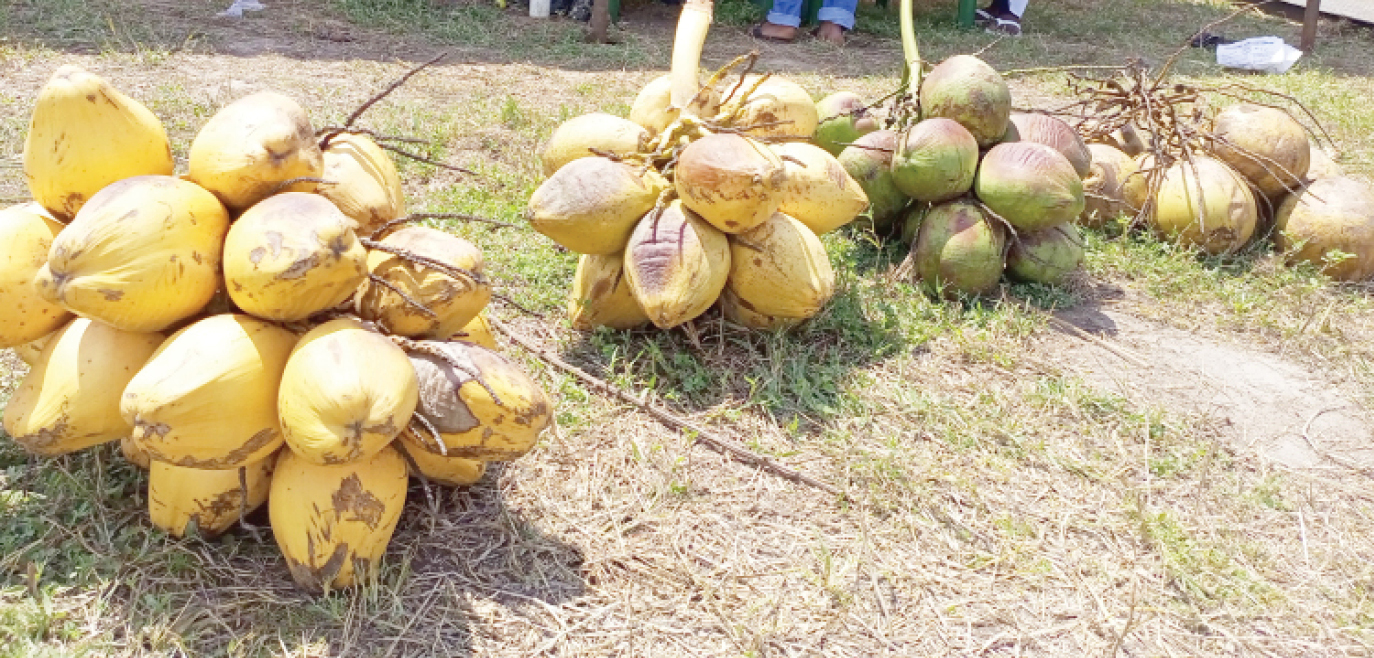The Nigeria Horticultural Research Institute (NIHORT) has advised oil and date palm farmers to avoid buying seedlings from people selling by the roadside.
Mr Francis Onah, a research scientist at the institute, said farmers risked buying all-male varieties, which will not yield fruits after many years of raising it.
The scientist, who spoke with Daily Trust on Sunday at the recently concluded National Agricultural Show along the Abuja-Keffi expressway, said there were lots of problems farmers would face if they bought seedlings from roadside sellers, some of which include stunted growth, poor yield and time wastages.
He said the institute had hybrid varieties in oil palm, coconut palms, date palm, raphia palm and the shea tree.
“In all these many crops, we have the hybrids of the varieties. Here at the oil palm, we give farmers the seedlings for planting. These seedlings are set to start fruiting within three years. It has been recorded to have high yields,” he said.
On coconut, Onah said the institute had about five types – orange, yellow dwarf, green dwarf, hybrid and the tall coconut. He advised farmers to visit substations spread across the country for whatever varieties they need.
“We have substations and experimental stations. One of the coconut plantations is located at Badagry in Lagos State. This region has favourable ecological conditions for coconut cultivation. The coconut can also be cultivated within the Middle Belt region. This is also applicable to the oil palm. At the main station you can also get other products,” he said.
Speaking on the date palm tree, he said the institute had developed shorter duration varieties that could start fruiting within a short period of time.
In the northern area, because of the ecological zone, the date tree can take up to five years before fruiting. They also have hybrid varieties, he added.
Onah said they were also available to help farmers set up their farms when called upon.
On the availability of seeds, he said they could be accessed in large quantities, adding that farmers who want to purchase these seeds could be directed to the substations located in their region.

 Join Daily Trust WhatsApp Community For Quick Access To News and Happenings Around You.
Join Daily Trust WhatsApp Community For Quick Access To News and Happenings Around You.


